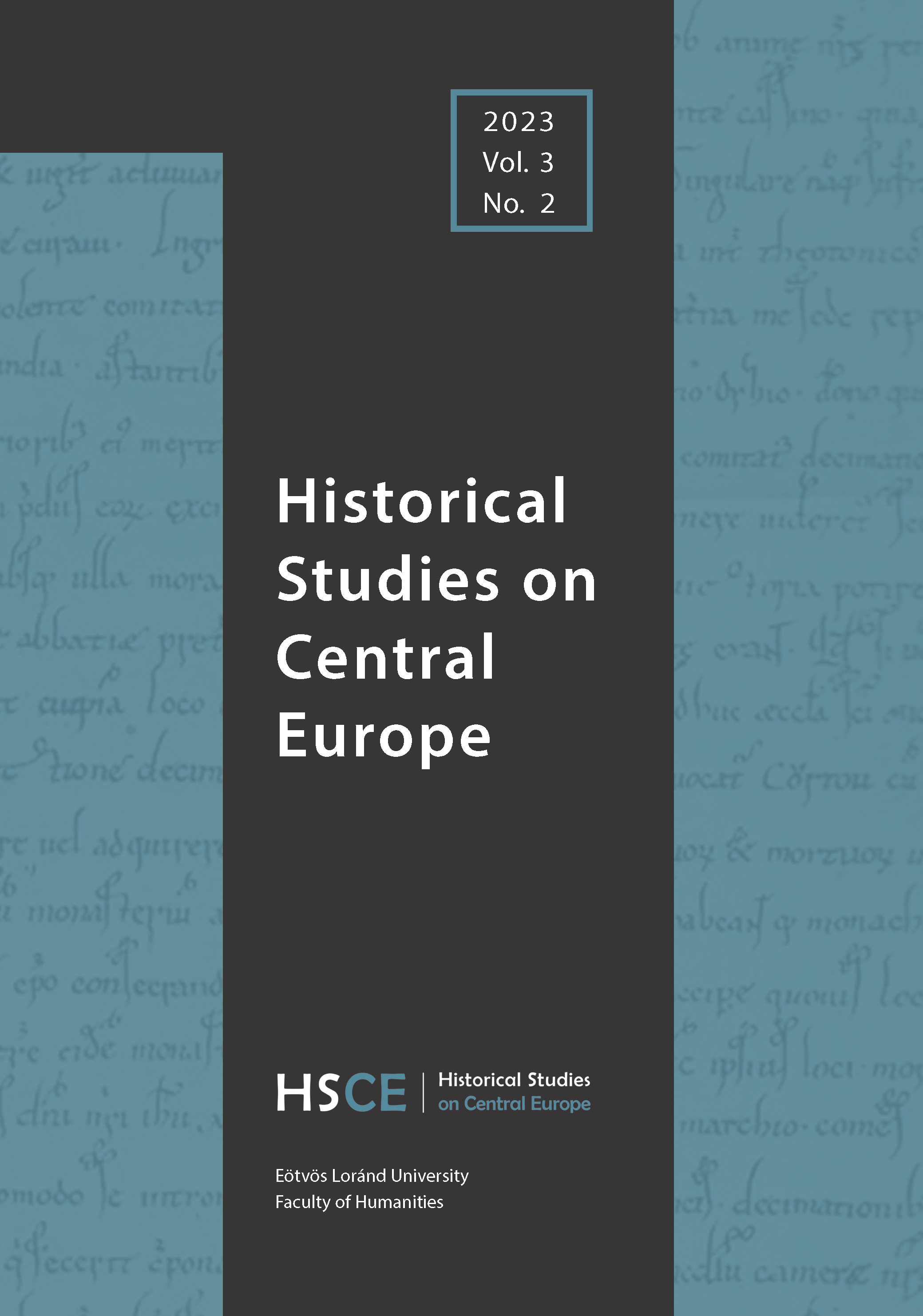The Concept of the Serbian Peasant Cooperative State: An Unrealized Attempt to Introduce a Corporatist System in Serbia during World War II
Published 18-12-2023
Keywords
- Peasant cooperative state,
- corporatism,
- government of Milan Nedić,
- Serbia,
- World War II
How to Cite
Copyright (c) 2023 Aleksandar Stojanovic

This work is licensed under a Creative Commons Attribution-NonCommercial 4.0 International License.
Abstract
The paper introduces and interprets the corporatist plan of organizing and establishing the ‘Serbian Peasant Cooperative State,’ which was developed by the collaborationist authorities in Serbia during World War II. Born out of deep disillusionment with interwar parliamentarism and under the influence of the German occupation system in Serbia, this unrealized concept of state organization was an ultra-conservative response to the political conditions in occupied Serbia, as well as one of the aspects of its planned integration into Hitler’s new imperial order founded on the premise of Nazi hegemony and known as ‘New Europe.’ The present analysis is based on the limited number of surviving primary historical sources that testify to the genesis and character of the draft proposal. To provide context for interpreting the plan and the thinking behind it, the paper extends the chronological framework to the entire interwar period.


